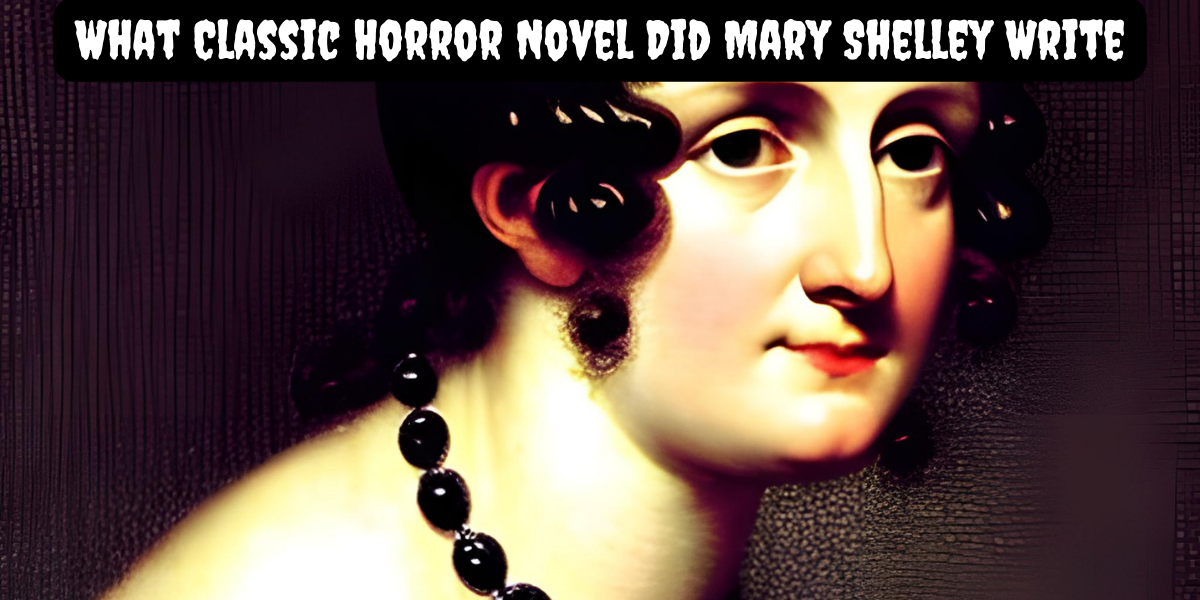

When one thinks of classic horror novels, Mary Shelley’s “Frankenstein; or, The Modern Prometheus” is often one of the first that comes to mind. Published in 1818, the novel has become a cultural phenomenon and has been adapted into numerous films, plays, and other forms of media. But what makes “Frankenstein” such a seminal work of horror fiction?
First and foremost, this Mary Shelley novel tells the story of Victor Frankenstein, a young scientist who becomes obsessed with the idea of creating life. Through a series of experiments, he manages to bring a creature to life, but is horrified by the result. The creature, who is often referred to as “Frankenstein’s monster,” is abandoned by his creator and left to navigate the world on his own.
One of the key elements that makes “Frankenstein” so haunting is the exploration of what it means to be human. The creature, who is often portrayed as monstrous, is actually quite sympathetic. He longs for companionship and love, but is rejected by humans due to his appearance. This theme of isolation and loneliness resonates with readers and has helped make “Frankenstein” a timeless classic.
Another important aspect of the novel is the way in which it grapples with issues of science and technology. In Shelley’s time, the Industrial Revolution was in full swing and there was a sense of excitement and fear surrounding the rapid pace of technological advancement. “Frankenstein” can be seen as a cautionary tale about the dangers of playing God and tampering with the natural world.
It’s worth noting that “Frankenstein” is often mistakenly referred to as the name of the monster, rather than the name of the scientist who created him. This is just one of the many ways in which the novel has entered into popular culture and become a fixture of the horror genre.
Overall, Mary Shelley’s “Frankenstein; or, The Modern Prometheus” is a masterpiece of horror fiction that has stood the test of time. Its exploration of themes such as loneliness, the nature of humanity, and the perils of scientific progress have made it a beloved and enduring classic. If you’re a fan of horror fiction, it’s a must-read.

